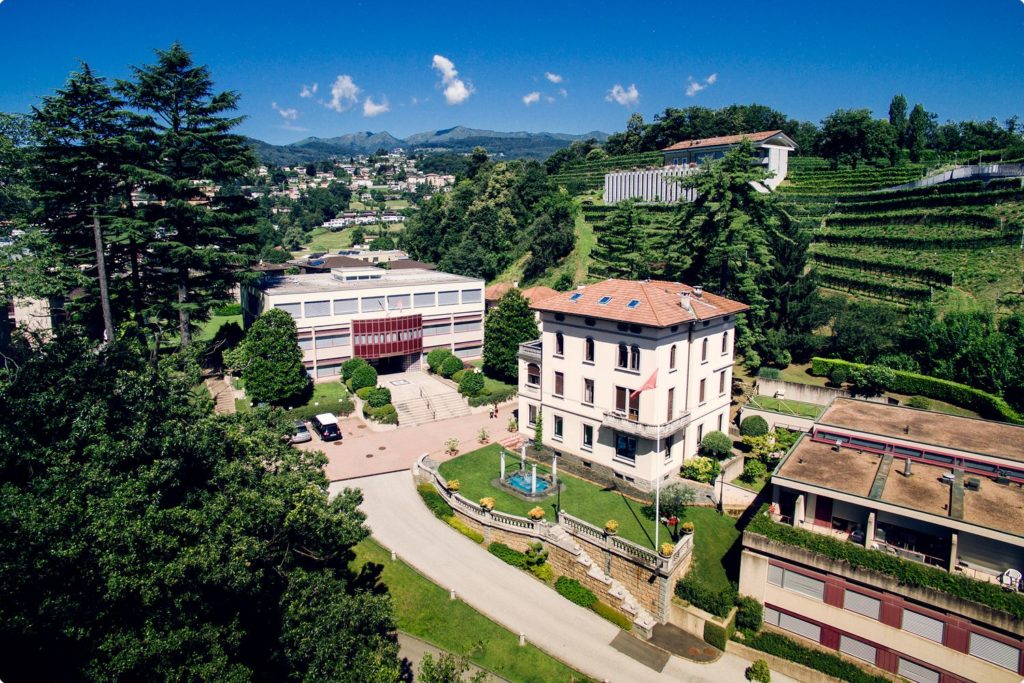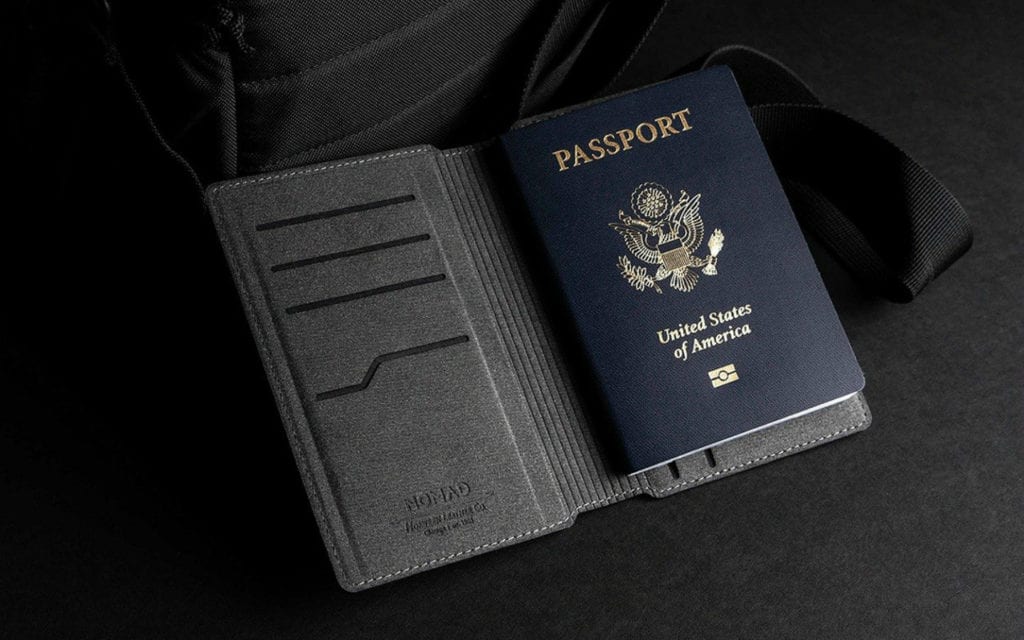
Switzerland has always been at the top of the list of countries in terms of quality of life, high standard of living, safety, and environment, and it is not surprising that many students choose Switzerland for their studies. Switzerland has a population of 8.5 million, is very decentralized, and every part of Switzerland is interesting. German is spoken in the eastern part, French in the western region and around Lake Geneva, and Italian is used in the southeast, towards Italy. That allows students to learn different languages during their studies. Switzerland is one of those countries where elites all over the world send their children to study, and if you choose Switzerland, you can surely count on networking with quality young people from all meridians.
Franklin University Switzerland, also known as FUS, is a small international liberal arts university in the south of Switzerland. Located in a stunning setting on a hillside overlooking Lugano, the center of Switzerland’s Italian-speaking area, it boasts accreditation in both the United States and Switzerland.

Over 7,000 alumni have since succeeded the small pioneering group of students and staff who arrived at FUS in its founding year of 1969 from 59 countries. More than 50 years on, Franklin has grown into an academic institution with a student body of over 400, supported by over 90 faculty and staff.
With teaching delivered in English and a mandatory academic travel program, studying at FUS allows you to get the most out of your study abroad experience while receiving a familiar style of education from faculty who are experts in their fields.
A degree from Franklin University Switzerland is genuinely international and perfect for those who already have their hearts set on a career with a global element. The chance to acquire a liberal arts education that is accredited in both Europe and the US, not to mention also recognized by the Chinese Ministry of Education, is unique. Can you afford to ignore this opportunity?
Switzerland and Lugano
Switzerland is a country of extreme beauty: with the snow-covered peaks of the Alps taking center stage in winter and the shimmering lakes coming into their own in summer, it can be truly spectacular. It also blends the very best of European culture in a geographical location that offers plenty of opportunities to travel to other corners of this diverse continent. Lugano strung out along the lake of the same name, is the hub of Switzerland’s Italian-speaking canton of Ticino, bringing a flavor of the Mediterranean to the country’s mountain culture.
Why not visit us?

The best way to see what Franklin is like for yourself is to take a campus tour to find out why so many students love to call it home. Prospective students and parents will be given a guided tour of the campus and an opportunity to meet with current students and professors, as well as attending a class. If this isn’t practical for you, check out our online virtual campus visit, set up a Skype call, or meet one of our global representatives at an upcoming event.
Want to find out more about whether studying at an American university in Europe could be just what you’re looking for? Check out our website and start planning your next step to becoming a student in Europe.
How to enroll in a college in Switzerland?
The academic year in Switzerland usually begins in September. Applicants should contact the selected university much earlier. Universities can provide tuition and financial assistance information. In addition to tuition, students should expect to spend CHF 16,000 to 24,000 for living expenses, depending on their requirements.
Basic studies
The prerequisite for enrollment in the study venue is a Matura examination. (or a foreign secondary school living certificate deemed equivalent) At some universities, you need to be informed whether the baccalaureate examination is sufficient, or the entrance examination is required. International students must also submit a Certificate of Languages (mainly German). A few universities offer academic programs in English and do not require prior knowledge of a national language. The level varies from university to university, and you can get more information on this page.
As an international student, you will not have much chance of enrolling in the Faculty of Medicine, Dentistry or Veterinary Medicine, unless you have been living in Switzerland for a long time or married to a Swiss woman.
Master studies

As a condition, you need proof of completion of your undergraduate studies. Other requirements vary from university to university. Usually, in addition to the necessary documents, you must write a letter of motivation and a CV.
Contact the university of your choice. The pre-application process for some universities can be completed online. Once you have received a certificate of admission to a Swiss university, contact the Swiss Embassy in Serbia for information on formalities to enter Switzerland. You will need to show proof that you have the financial resources available to support yourself during your studies.
Upon arrival in Switzerland, you should seek a residence permit from the Aliens Police. The following documents are required:
• Valid passport, with visa if needed
• Confirmation that you have been accepted to a Swiss university
• Guarantee of financial resources available for self-support during studies
• Proof of permanent address in Switzerland

Your residence permit must be renewed every year. A residence permit will only be issued if there is a guarantee about your funds. International students are allowed to work up to 15 hours per week until their study time is extended. Several universities have dedicated offices to assist students with the visa application process, as well as their student residence permit.
Scholarships to study in Switzerland
The Swiss Government offers scholarships to international students and artists based on reciprocity or within the framework of joint scholarships for several countries. Scholarships are awarded to postgraduate candidates from industrial and developing countries. In the first step, candidates from the authorities of their country should find out whether they are eligible for a Government scholarship or should contact the Swiss Embassy or Consulate in their home country.
Applicants are advised to check at Swiss university mobility centers to find out if Swiss universities offer scholarships to international students.
Cost of living to study in Switzerland
The cost of living in Switzerland (rent, insurance, tuition, clothing, books, transportation, and food) varies from place to place. Still, according to students’ experience, their average expenses amount to CHF 18,000 per year.
Tuition fees at Universities in Switzerland
Tuition fees at universities in Switzerland vary greatly. However, the cross-border tuition is around CHF 600,700.
In addition to the tuition fees, Kollegiengeld also has to be paid. Also, you would need to take care of the library’s expenses and various student organizations.
Working and studying
International students are not allowed to work. However, part-time jobs are permitted, with limited working hours.











